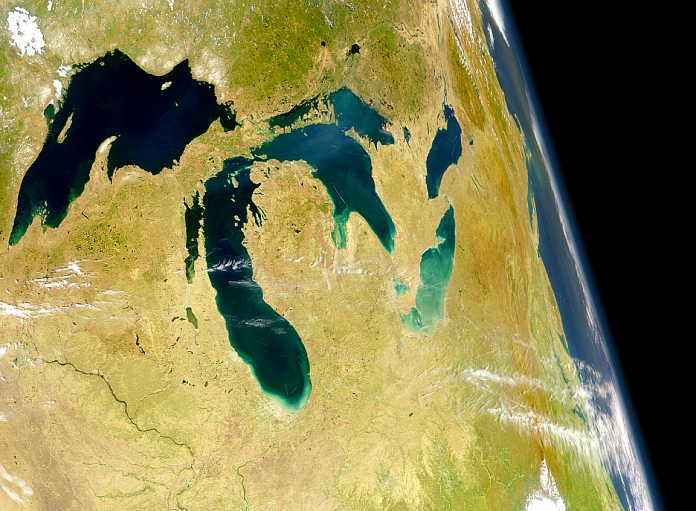The Great Lakes Protection Fund and American Water Works Association have announced the finalists in the Water Utility Energy Challenge (WUEC), a programme that engages water operators in a competition to reduce the emissions sourced in their energy generation.
The inaugural 2017-2018 competition, focused on the Great Lakes Basin, is aimed at connecting the utilities with new innovative software while fostering an awareness of the associated emissions, particularly mercury.
“We’re really excited with the breadth of the WUEC finalists,” said David LaFrance, CEO, American Water Works Association. “They were chosen from a broad field of applicants and these six utility leaders represent a wide range of communities, from Bayfield, Wisconsin, which serves fewer than 1,000 residents, to the Great Lakes Water Authority, which serves more than 4 million residents in 125 communities across southeast Michigan. The fact that there were both US and Canadian finalists also illustrates that regardless of the operation’s scale or location, utilities can use the cleanest energy to deliver clean, safe drinking water.”
The six finalist water utilities are:
Canada
District of Muskoka, Bracebridge Ontario
United States
City of Highland Park, Illinois
City of Ann Arbor, Michigan
Great Lake Water Authority, Detroit, Michigan
Onondaga County Water Authority, North Syracuse, New York
City of Bayfield, Wisconsin
“These finalists characterise the next generation of water utility who will reduce emissions while improving the financial health of their systems,” said David Rankin, Vice President of Programs, The Great Lakes Protection Fund. “We’re excited to see the geographic range of utilities across the entire Great Lakes Basin as well as a mix of water and combined water/wastewater systems.”
The competition, which will run through April 2018, will award two top cash prizes of US$20,000 and US$10,000 later in the spring.








